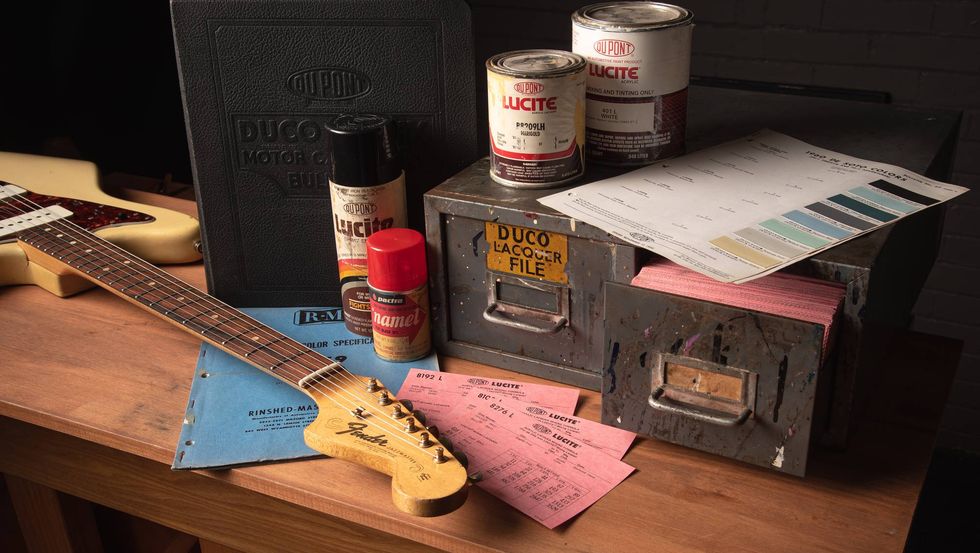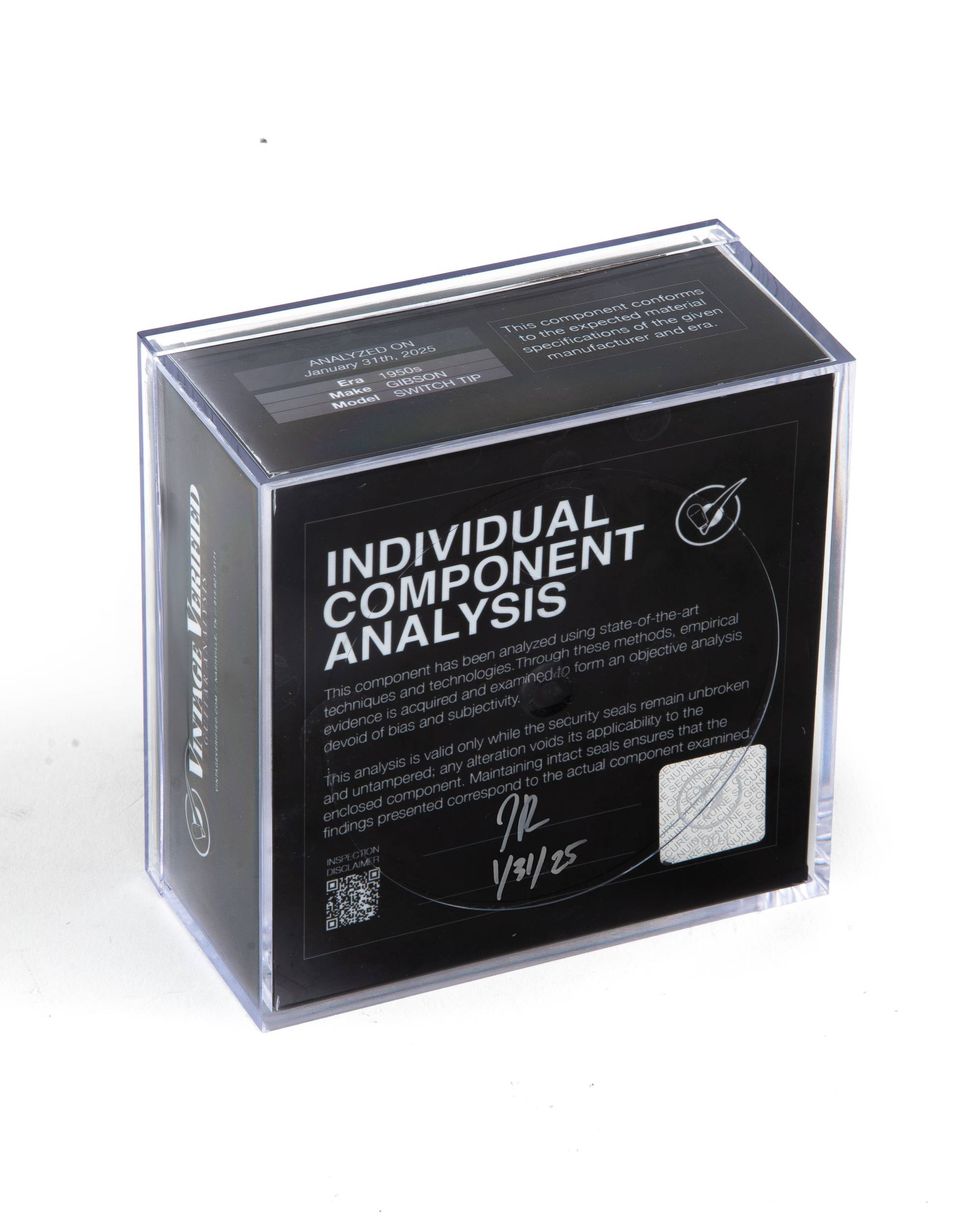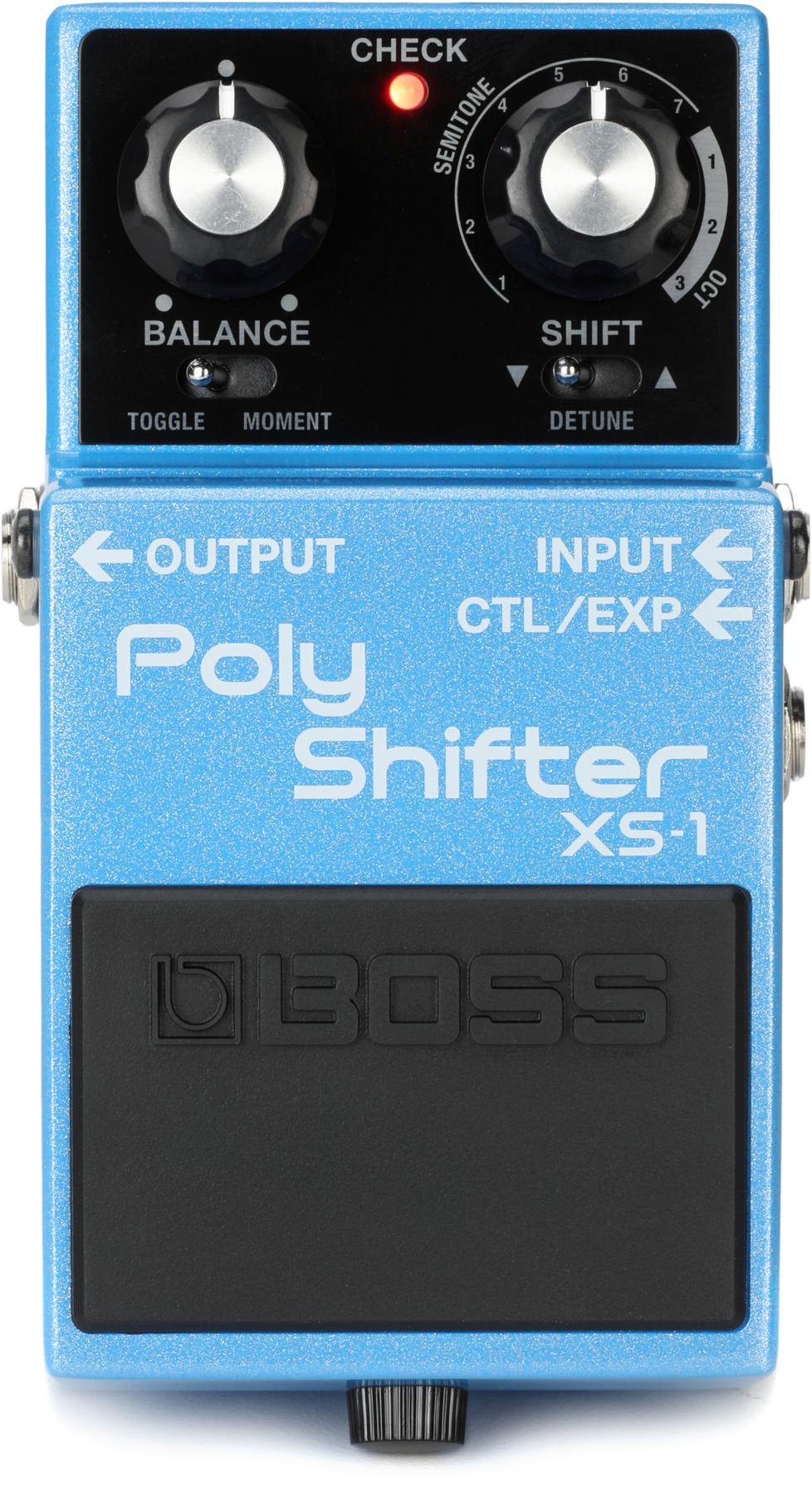Tom Petty and the
Heartbreakers
Damn the Torpedoes
Eagle Rock Entertainment
Classic Albums – Damn the Torpedoes





 “Everything about this
album was difficult,”
says Mike Campbell,
lead guitarist for
Tom Petty and the
Heartbreakers. But
to the listener, Damn
the Torpedoes flows
smoothly like the
Mississippi carving
through the Midwest.
The organic groove of its rock ’n’ roll core
embodies what this quintet from Gainesville,
Florida, was all about—Southern blues and
’60s British rock. Its rockin’ guitars, catchy lyrics,
and solid rhythms created a lasting impression
that feels as fresh today as it did in 1979. With
the help of Eagle Rock Entertainment’s Classic
Albums series, we get to explore the story
behind Damn the Torpedoes.
“Everything about this
album was difficult,”
says Mike Campbell,
lead guitarist for
Tom Petty and the
Heartbreakers. But
to the listener, Damn
the Torpedoes flows
smoothly like the
Mississippi carving
through the Midwest.
The organic groove of its rock ’n’ roll core
embodies what this quintet from Gainesville,
Florida, was all about—Southern blues and
’60s British rock. Its rockin’ guitars, catchy lyrics,
and solid rhythms created a lasting impression
that feels as fresh today as it did in 1979. With
the help of Eagle Rock Entertainment’s Classic
Albums series, we get to explore the story
behind Damn the Torpedoes.
The documentary opens with a mix of ’70s performance footage and contemporary commentary from various band members on the context of Damn the Torpedoes. It was their third record and they needed a smash to survive after two lukewarm releases. Then band members, producers, and engineers pile into a studio to dissect seven of the album’s nine tracks. Seeing Campbell walk us through the creation of the “Refugee” riff with one of his ’burst Les Pauls is one of the more special moments. “F#m is the best key for a guitar sound,” he begins, “I was stuck on that note because of the Albert King riff in ‘Oh, Pretty Woman.’” Co-producer Jimmy Iovine, Petty, and Campbell then tear away and add each layer of instrumentation on “Refugee.” They end up all agreeing that Jim Keltner’s shaker— recorded in the hallway—made the song.
With 98 minutes of footage, this is a no-brainer buy for anyone looking for insight into an album Rolling Stone called one of the greatest of all time.
Damn the Torpedoes
Eagle Rock Entertainment
Classic Albums – Damn the Torpedoes
 “Everything about this
album was difficult,”
says Mike Campbell,
lead guitarist for
Tom Petty and the
Heartbreakers. But
to the listener, Damn
the Torpedoes flows
smoothly like the
Mississippi carving
through the Midwest.
The organic groove of its rock ’n’ roll core
embodies what this quintet from Gainesville,
Florida, was all about—Southern blues and
’60s British rock. Its rockin’ guitars, catchy lyrics,
and solid rhythms created a lasting impression
that feels as fresh today as it did in 1979. With
the help of Eagle Rock Entertainment’s Classic
Albums series, we get to explore the story
behind Damn the Torpedoes.
“Everything about this
album was difficult,”
says Mike Campbell,
lead guitarist for
Tom Petty and the
Heartbreakers. But
to the listener, Damn
the Torpedoes flows
smoothly like the
Mississippi carving
through the Midwest.
The organic groove of its rock ’n’ roll core
embodies what this quintet from Gainesville,
Florida, was all about—Southern blues and
’60s British rock. Its rockin’ guitars, catchy lyrics,
and solid rhythms created a lasting impression
that feels as fresh today as it did in 1979. With
the help of Eagle Rock Entertainment’s Classic
Albums series, we get to explore the story
behind Damn the Torpedoes.The documentary opens with a mix of ’70s performance footage and contemporary commentary from various band members on the context of Damn the Torpedoes. It was their third record and they needed a smash to survive after two lukewarm releases. Then band members, producers, and engineers pile into a studio to dissect seven of the album’s nine tracks. Seeing Campbell walk us through the creation of the “Refugee” riff with one of his ’burst Les Pauls is one of the more special moments. “F#m is the best key for a guitar sound,” he begins, “I was stuck on that note because of the Albert King riff in ‘Oh, Pretty Woman.’” Co-producer Jimmy Iovine, Petty, and Campbell then tear away and add each layer of instrumentation on “Refugee.” They end up all agreeing that Jim Keltner’s shaker— recorded in the hallway—made the song.
With 98 minutes of footage, this is a no-brainer buy for anyone looking for insight into an album Rolling Stone called one of the greatest of all time.





















